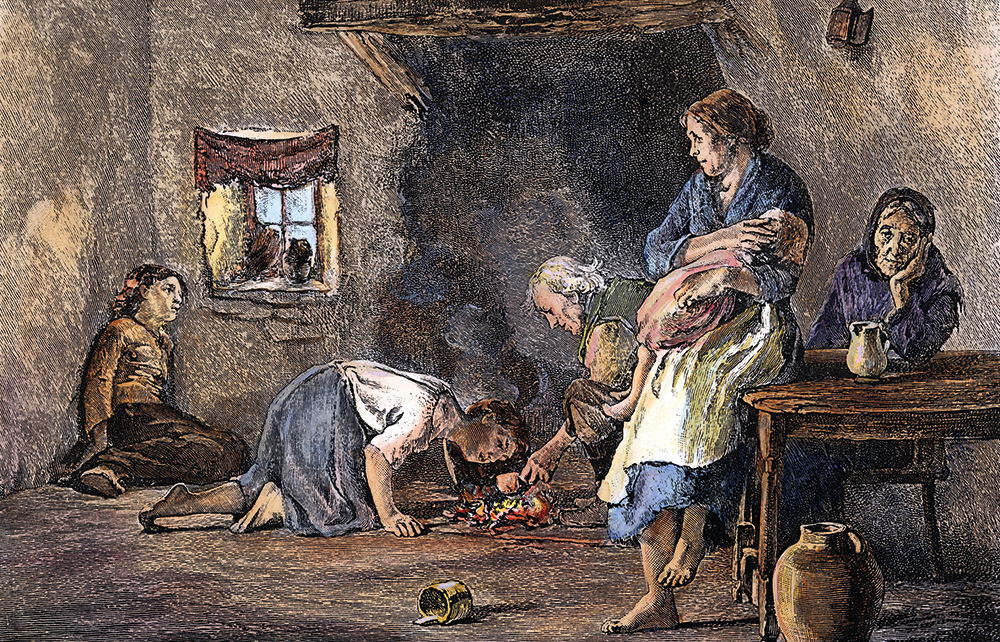It was the best of times, it was the worst of times: not France in 1789, convulsed by revolution, but Britain in 1845, when the period Dickens referred to as ‘the moving age’ was in danger of spinning out of control. It was the year when the SS Great Britain, designed by Isambard Kingdom Brunel, left Liverpool docks on the first transatlantic crossing by an iron-built steamship; the Hungerford suspension bridge (another Brunel design) opened, and a Birmingham manufacturer obtained a patent ‘for Improvements in Springs to be applied to Girths, Belts and Bandages, and Improvements in the Manufacture of Elastic Bands’: the birth of the modern rubber band.
The SS Great Britain left Liverpool docks on the first transatlantic crosssing by an iron-built steamship
It was also the year when Sir John Franklin set out on the ill-fated expedition that would end in the icy wastes of the Canadian Arctic; the Yarmouth suspension bridge collapsed, killing dozens of spectators who had gathered to watch a clown being drawn down the river in a washing tub pulled by four geese; and a potato blight in Ireland saw the start of years of famine that would leave approximately two million starving or displaced.
Most commentators see 1848 as the pivotal year of that decade, with revolutions breaking out across Europe and the constant simmering threat of Chartist agitators at home. But according to Michael Wheeler we should pay far more attention to 1845, later characterised by Dickens’s friend John Forster as a ‘prodigious year of excitement and disaster’. There were numerous public scandals, including the revelation that inmates in one workhouse were so badly fed they had been gnawing on the rotten bones they were supposed to be crushing for fertiliser. There were also personal crises, such as the start of the relationship between the poets Robert Browning and Elizabeth Barrett, conducted mostly by correspondence, as Barrett sent out dozens of love letters from her father’s house in Wimpole Street as a way of preparing the ground for her own departure the following year: literary exercises in elopement.
As far as Wheeler is concerned, we should see such correspondence as remarkable but not particularly unusual.








Comments
Join the debate for just £1 a month
Be part of the conversation with other Spectator readers by getting your first three months for £3.
UNLOCK ACCESS Just £1 a monthAlready a subscriber? Log in